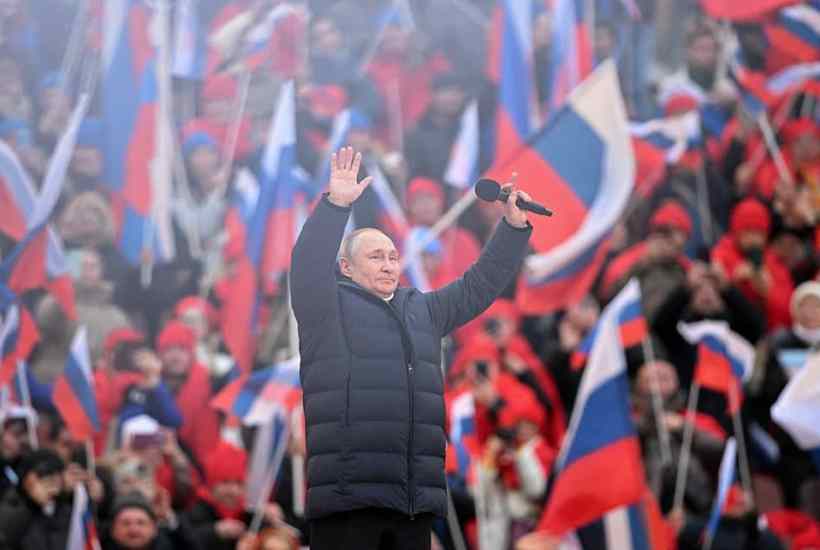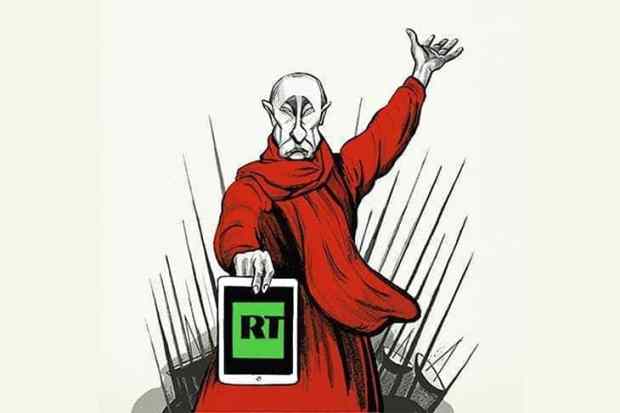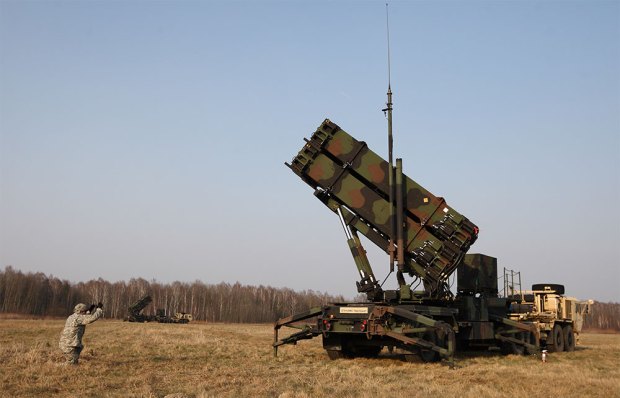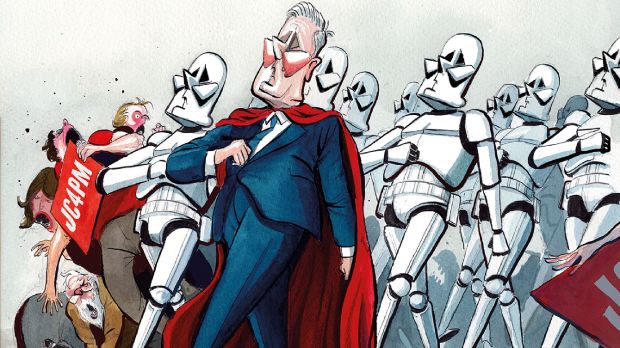O, do the Russians long for war?
Ask of the stillness evermore,
Ask of the field, or ask the breeze,
And ask the birch and poplar trees.
So begins a famous Soviet-era song and poem, written by Yevgenii Yevtushenko during Khrushchev’s Thaw. Volodymyr Zelensky cited the poem in his eve-of-war address to Russians, hoping it would rekindle these pacifistic sentiments and encourage resistance against the Kremlin’s imminent invasion.
Apart from a relatively few (very) brave souls, Russians did not rise up. Opinion polls in authoritarian states must be treated carefully, but the absence of large-scale protests, combined with polls suggesting that 71 to 81 per cent of Russians approve of military activity in Ukraine, provide a fairly definitive answer to the question posed in Yevtushenko’s poem: yes, the Russians do want war.
But this tragic and unappealing answer immediately raises another more nuanced question: how much do Russians want war? And at what cost?
In August last year, just six months prior to the invasion, two-thirds of Russians rated higher living standards as more important than great power status or ambitions. It gave rise to hopes that sanctions would curb Russian appetites for war, especially when combined with a mounting death toll.
Some have argued that support for the war must be superficial. The Kremlin’s pro-war events appear staged, like the obscene warfest at Luzhniki stadium last month, where pop singers and politicians adorned with the pro-war symbol Z entertained an unenthusiastic audience of tens of thousands of people bussed in for the occasion.
But these arguments misunderstand Russian society today and how Putin’s regime functions. The Kremlin’s political messaging instrumentalises trauma to impose and ensure political apathy – hence Putin and his close advisers’ invocation of Stalinist language, of the chaotic criminality of the 1990s and the ever-constant threat of Nazism at Russia’s gates. These deliberate reminders of the worst eras of Russian history – of repression, anarchy and external existential threat – are meant to deter people from expressing political opinions.
The Kremlin doesn’t trust anyone with political leanings, viewing those who really believe in the war as potentially uncontrollable. It is much safer to pay, or order, budzhetniki (public sector workers) to attend a pro-war rally to create a picture of support. But it doesn’t mean there isn’t genuine support out there as well, just that it is simply safer to remove elements of spontaneity.
Research has shown that Russians who approve of military action in Ukraine do so for different reasons: because they believe the propaganda, because they harbour imperialist views, because they see military action as self-defence against a Nato attack, because they are patriots who stand by their ‘country, right or wrong’, or because they just do and can’t really explain why.
Whatever the reason, for the medium-term at least it would be reckless to expect any softening of this support. This is in large part because the Russian media is now amplifying its hysteria, justifying the military’s embarrassing performance by claiming that Kyiv is trying to turn what Russia intended as a special military operation into a war with Nato and the entire West.
In this information environment – and increasingly few Russians have access to any other one – it would be reasonable to expect support to deepen, especially as conflict is in itself a radicalising force. Moreover, the Kremlin has effectively presented its invasion of Kyiv as a defensive war, to protect Russian speakers, Russia’s sphere of influence and even Russia’s very right to exist as a sovereign country. Kremlin propaganda on such points is effective because it is pervasive, consistent, emotive – and because it sells people a vision of the world they want to buy. Like so much in Putin’s Russia, seeing state media as a purely top-down cynical imposition of messaging misses the point. These narratives are often co-creations, chosen because they resonate with audiences. Much state–controlled media is still reliant on advertising revenue for income. Of course, the state has an effective editorial veto and it can scare away advertisers, but within these parameters TV stations still need to pull in viewers. One way to appeal to people is to sell them a vision of themselves that flatters their egos while caricaturing their enemies. Don’t we all prefer to see ourselves as the hero and our opponents as the villain?
Imagine you are a Russian mother and your son, conscripted into the army, died fighting in Ukraine. You have heard horrible rumours that the war isn’t like it is described on TV, that Russian soldiers have done terrible things, that they were looting, raping and killing. But what mother would want to believe her son died at best as a pawn in an evil war and at worst as an active participant in war crimes? And that his body was abandoned somewhere in Ukraine because his fellow soldiers prioritised transporting their looted goods over his corpse? Nobody would choose to believe this depiction when there is an alternative version in which their son died a hero, fighting Nazism.
Sanctions and economic pain are a similarly emotional issue for Russians. It is easier to accept any form of suffering if you can treat it as a sacrifice made willingly in the name of some higher purpose. Sanctions are presented, and largely perceived, as a western attack on Russia and Russians, so surviving them without protest is a patriotic duty, a pledge to Russia’s civilisational battle.
In this atmosphere, tragedy, loss and economic pain will lead to more Russians becoming more resistant to alternative views as they invest ever greater meaning in the war. The cost of admitting the truth only becomes more painful.
Got something to add? Join the discussion and comment below.
Get 10 issues for just $10
Subscribe to The Spectator Australia today for the next 10 magazine issues, plus full online access, for just $10.
You might disagree with half of it, but you’ll enjoy reading all of it. Try your first month for free, then just $2 a week for the remainder of your first year.














Comments
Don't miss out
Join the conversation with other Spectator Australia readers. Subscribe to leave a comment.
SUBSCRIBEAlready a subscriber? Log in